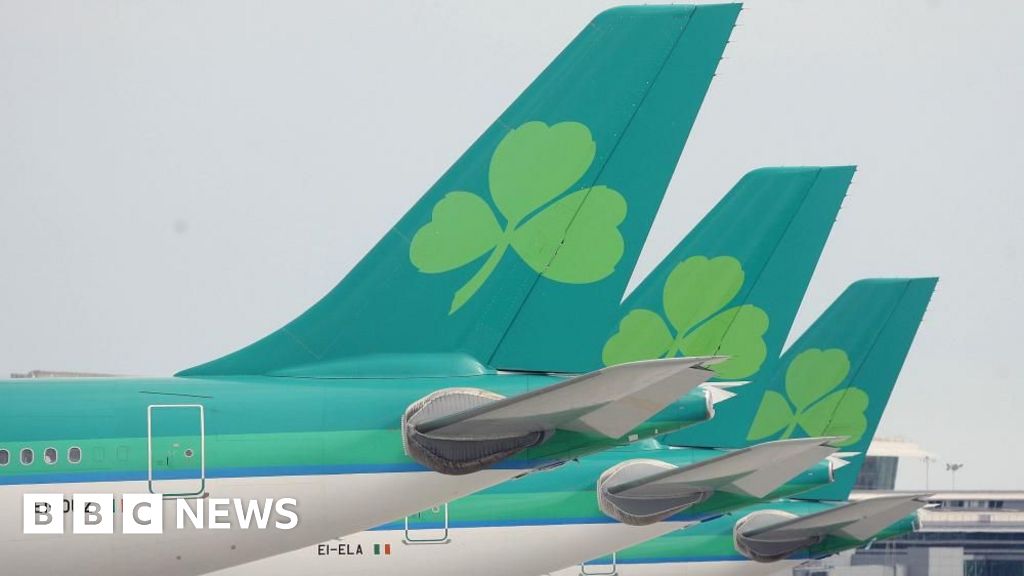Stay informed with free updates
Simply sign up to the German economy myFT Digest — delivered directly to your inbox.
Germany’s largest industrial union is gearing up for a battle over pay in the country’s manufacturing heartlands after it called for a 7 per cent wage rise for millions of electrical and metal workers.
IG Metall said on Monday that its board recommended negotiators seek the pay rise for a 12-month period for 3.9mn workers in the sector, which is the backbone of Germany’s wider economy and a bellwether for wage agreements in other sectors.
The proposal is likely to be given a frosty reception from industry leaders who have faced an energy crisis triggered by Russia’s invasion of Ukraine and a wider downturn in the EU’s largest economy. The employers’ association had already suggested a pay freeze in the sector, which includes many workers in Germany’s vast carmaking industry.
The demand for a 7 per cent pay rise in one of the weakest areas of Germany’s economy reflects workers’ continued efforts to claw back purchasing power after the biggest inflation surge for a generation two years ago.
But it is also likely to worry the European Central Bank, which is counting on a moderation of pay demands to help drive inflation down to its 2 per cent target next year.
“The ECB will be watching these developments carefully,” said Tomasz Wieladek, economist at investor T Rowe Price. “If wages turn out to be sticky, as unions have much stronger bargaining power than usual, the ECB may have to either delay cuts or cut slower than expected.”
The central bank lowered its benchmark deposit rate for the first time in five years earlier this month.
The demand came as Eurostat, the EU’s statistical agency, published figures on Monday showing that Eurozone labour costs accelerated at the start of this year, rising at an annual rate of 5.1 per cent in the first quarter up from 3.4 per cent in the previous quarter.
In Germany, collectively agreed wages rose 6.2 per cent in the first quarter — the fastest pace for almost a decade.
IG Metall said its proposal was based on “the persistently high price level” and the “economic situation in the industry”.
The pay demand is much higher than the latest annual inflation rate in Germany of 2.8 per cent in May. It also comes after workers in the sector were given an 8.5 per cent pay rise spread over two years plus a €3,000 one-off bonus after the last wage negotiation in 2022.
“The one-off payments made by employers from the last collective bargaining agreement have been eaten up by inflation,” said Nadine Boguslawski, a board member at the union. “The companies have a comfortable backlog of orders, the employees have to work hard.”
Production in Germany’s sprawling electrical and metal industry dropped 2.4 per cent in the first quarter of this year, taking the decline since before the pandemic hit in 2020 to 14 per cent, according to the Gesamtmetall employers’ association for the sector.
“There is currently nothing to distribute,” Harald Marquardt, lead negotiator for employers in the Baden-Württemberg region of southern Germany that is home to carmakers Porsche and Mercedes, said last week. “What worries us most is that over the next five years almost every second company plans to shift its investments even further abroad.”
IG Metall dismissed Marquardt’s comments as “disrespectful”, adding that order books in the sector had over a month’s extra demand than typical levels. The union is due to finalise its wage demand next month before negotiations start in September.
Credit: Source link











